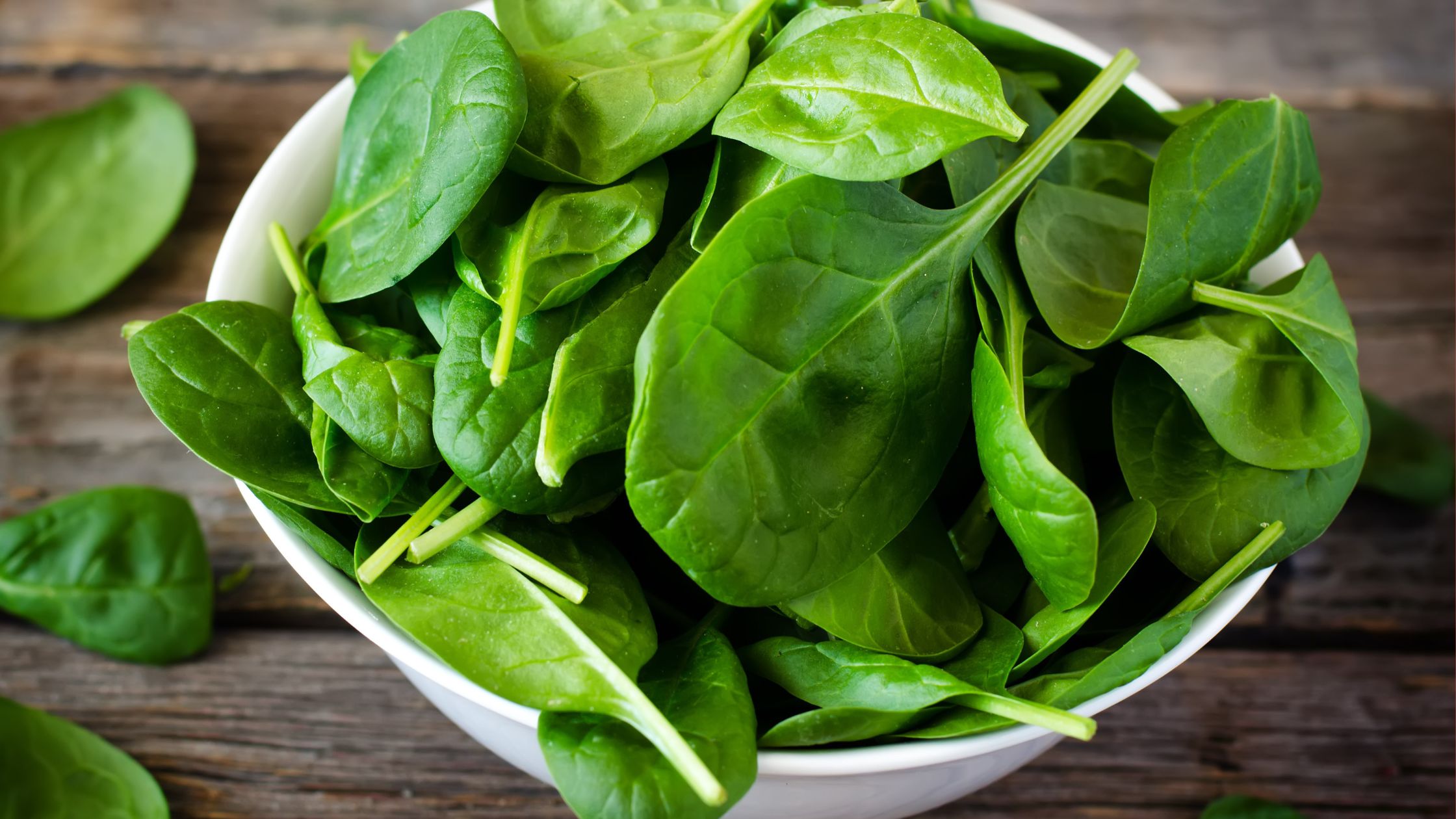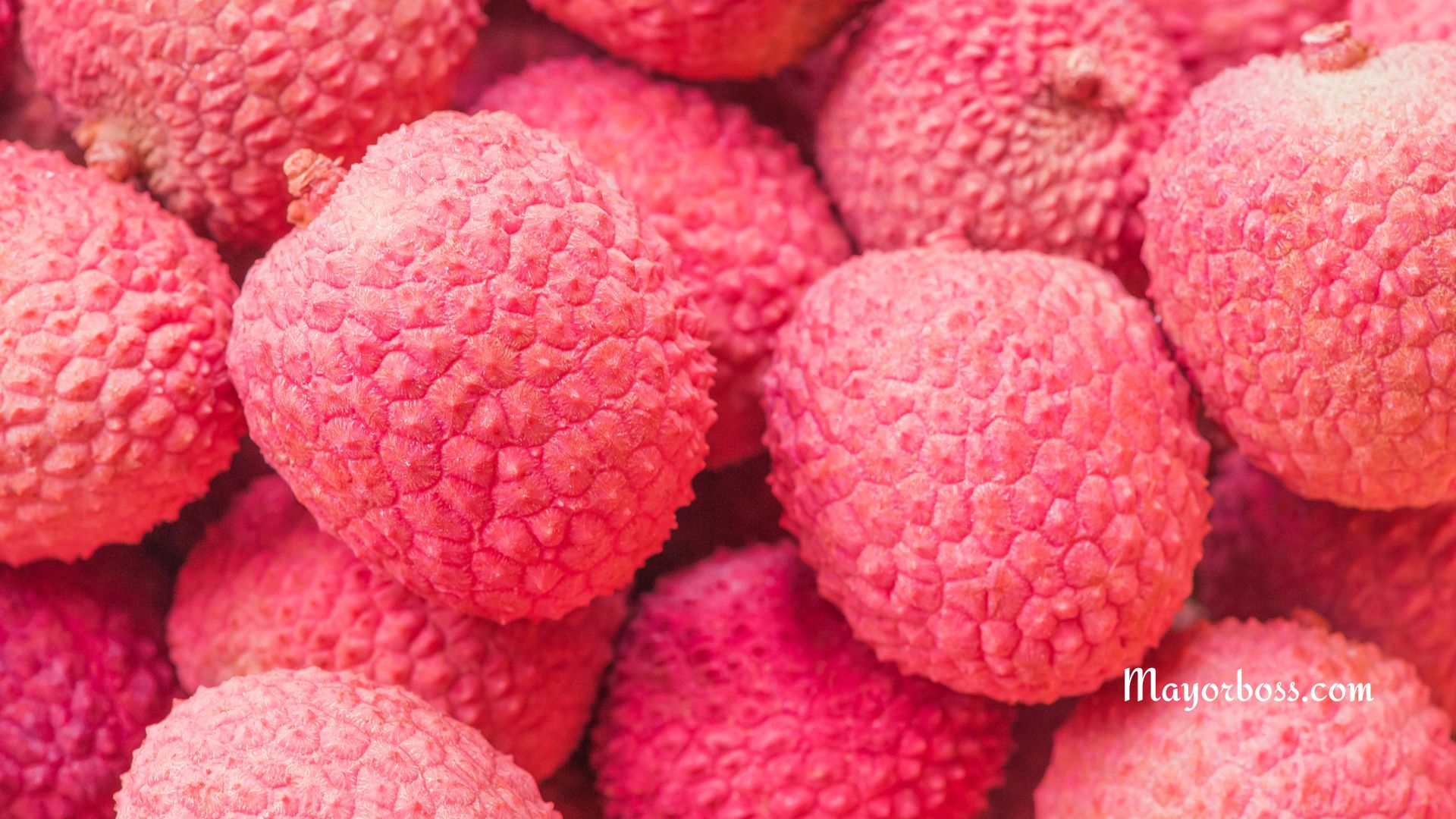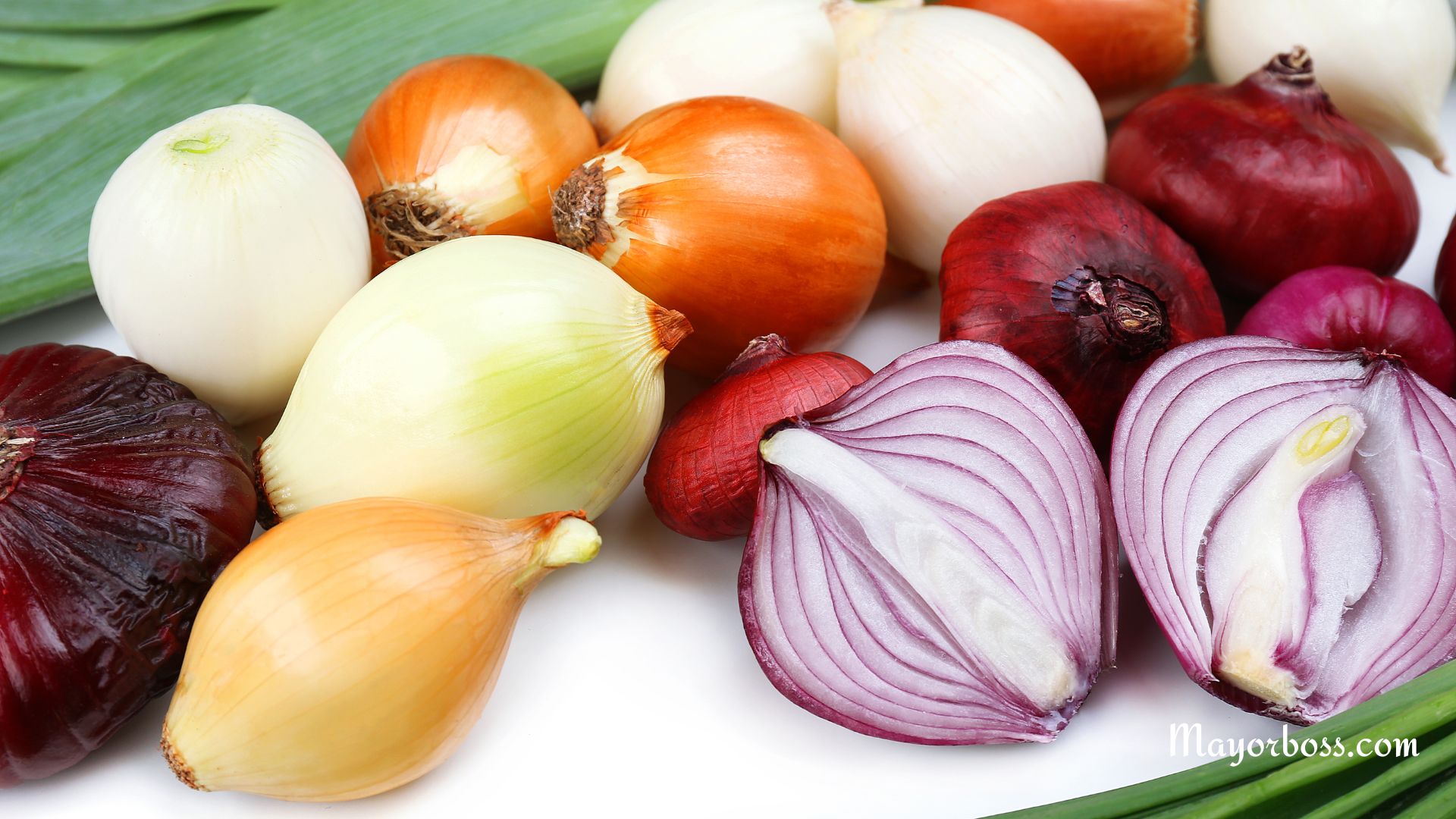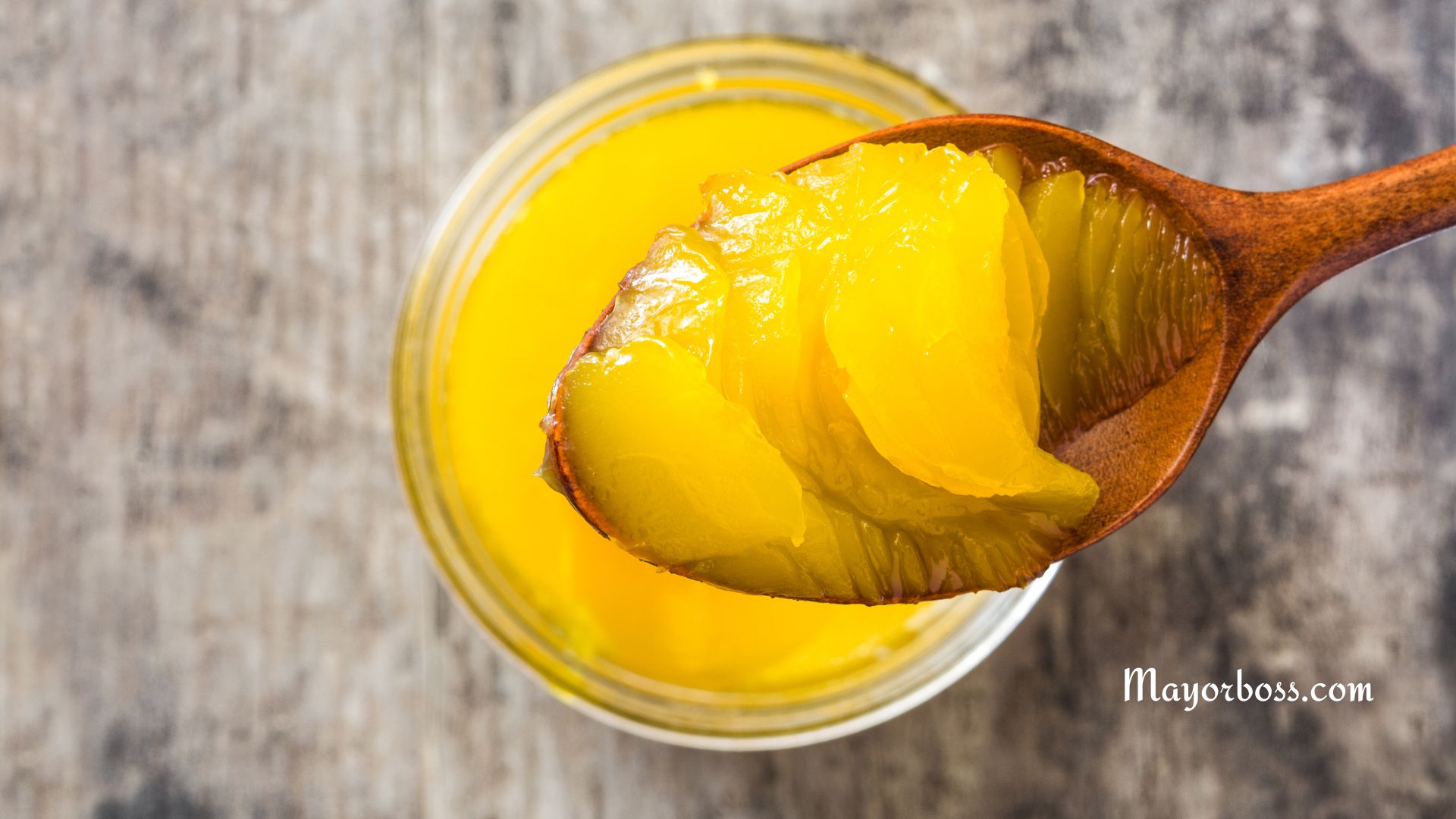4 Trigger Foods For Gout
Gout is an inflammatory condition that causes intense pain in the joints, particularly the big toe. Diet plays a crucial role in managing gout symptoms. Foods high in purines, such as red meat, shellfish, and alcohol, can worsen the condition. In contrast, fruits, vegetables, and whole grains can help alleviate symptoms.
What is Gout?
Gout is a form of arthritis that brings severe pain, swelling, and redness in the joints. Often striking in the middle of the night, it can turn even the simple act of walking into a painful ordeal. So, what causes this discomfort? High levels of uric acid in the blood lead to the formation of uric acid crystals, which accumulate in the joints.
Why Diet Matters in Gout Management
When it comes to gout, what you eat can either be your best friend or your worst enemy. Your body converts food high in purines into uric acid, exacerbating gout symptoms. Therefore, tweaking your diet can significantly reduce flare-ups and manage pain.
Trigger Foods For Gout
1. Red Meat
Red meat is a major culprit when we talk about foods that trigger gout. Instead of beef, lamb, pork, and veal, opt for lean meats like chicken or fish to keep those uric acid levels in check.
2. Seafood and Shellfish
Craving some lobster or shrimp? You might want to think twice. Seafood, especially anchovies, herring, mackerel, clams, crab, lobster, mussels, oysters, shrimp, sardines, tuna, and trout, contains high levels of purines. If you’re a seafood lover, consider limiting your intake or opting for low-purine fish like salmon.
3. Sugary Drinks and Alcohol
Soft drinks and fruit juices with added sugar can trigger a painful gout attack. Similarly, alcohol, especially beer, vodka, gin, whiskey, and rum, increases uric acid levels, making them a trigger for gout. So, switching to water or herbal teas can be a smarter choice.

4. Processed Foods
Canned soups, frozen meals, and packaged snacks often contain hidden purines. They may also be high in sodium, which isn’t good for gout sufferers either. Stick to fresh foods to keep symptoms at bay.
Foods You Can Enjoy
Fruits and Vegetables
Fresh fruits and vegetables are generally low in purines. Plus, they offer essential nutrients that can help manage inflammation. In particular, cherries have been shown to reduce uric acid levels.
Whole Grains
Whole grains like brown rice, whole wheat bread, and quinoa are better options than their white counterparts. They are lower in purines and offer more nutrients, helping you manage gout more effectively.
Dairy Products
Low-fat dairy products such as yogurt and skim milk can be a part of a gout-friendly diet. According to research, these foods may even help lower the risk of gout flare-ups.
Final Thoughts
While avoiding trigger foods is important, it’s not the only strategy for managing gout. A balanced diet, combined with medication and regular exercise, can go a long way in keeping those painful flare-ups at bay. Always consult your healthcare provider for advice.
Frequently Asked Questions
Can I Ever Eat Red Meat if I Have Gout?
While red meat is high in purines, you don’t have to cut it out of your life completely. Moderation is key. Opt for smaller portions and choose lean cuts to reduce the intake of purines. Additionally, balance it out with plenty of vegetables and whole grains during the meal.
Are There Any Seafood Options That Are Safer for Gout?
Yes, some fish are lower in purines and can be included in a gout-friendly diet. Salmon, for example, is a better option than shellfish or tuna. Still, it’s advisable to consume fish in moderation and focus more on plant-based proteins like beans and lentils.
What About Vegetables? Are There Any I Should Avoid?
Most vegetables are low in purines, making them a safe bet for gout sufferers. However, some veggies like asparagus, spinach, and cauliflower have moderate levels of purine. You don’t need to avoid them entirely, but it’s a good idea to consume them in moderation.
Is Coffee Safe for People With Gout?
Good news for coffee lovers: moderate coffee consumption is generally considered safe for people with gout. According to some studies, coffee may even help lower uric acid levels. But remember, excessive consumption can have other health drawbacks, so keep it balanced.
Can Dairy Products Make Gout Worse?
Contrary to popular belief, low-fat dairy products like yogurt and skim milk are generally safe and may even reduce the risk of gout flare-ups. However, full-fat dairy products should be consumed in moderation as they can contribute to other health issues, like high cholesterol and obesity, which can indirectly affect gout.






